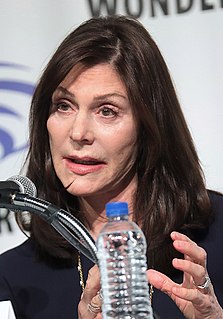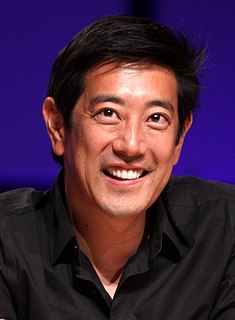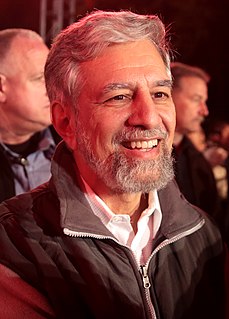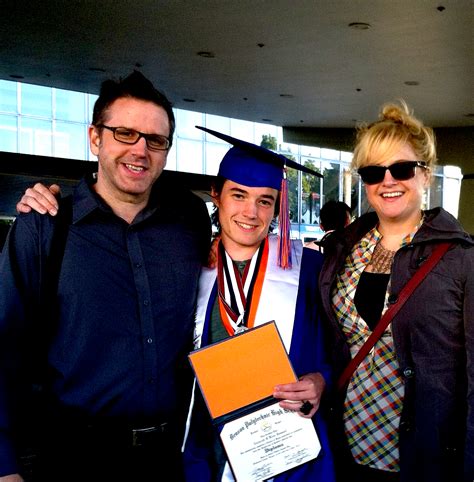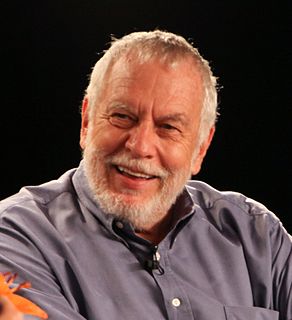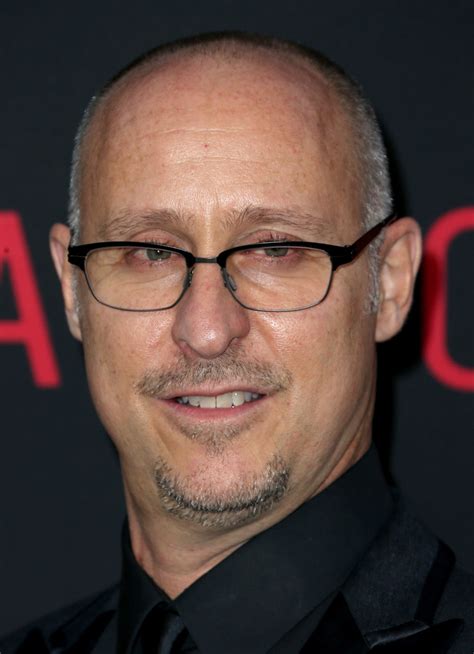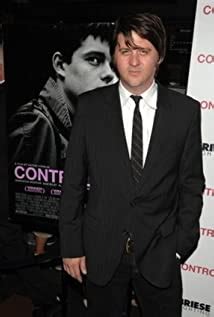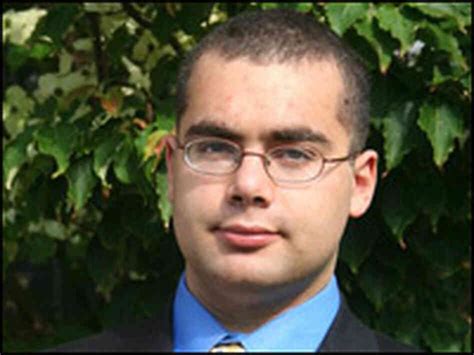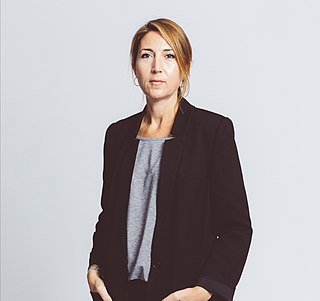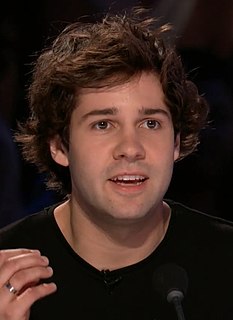A Quote by Lauren Shuler Donner
Producing is figuring out how to make each character have a distinct voice, how to make the story twist and turn - that's the biggest challenge.
Related Quotes
There was always this sort of weird process in the development and pre-production, thinking, 'How do we get the studio tracks that Joy Division recorded that are so clean and pristine but sound rough and live and how do we get the live versions to actually sound clear enough so you can make out what they're saying?' That was sort of the frustration with Anton Corbijn and myself, figuring out how we make that work.
My teachers believe that the creative producer's job is to service the vision of the director, to stay within schedule and budget, and to get the studio what they need, but you work for the director to get their vision on the screen. That's not how everyone approaches producing, but it is certainly how directors like you to approach producing. How I was brought up is that my job is to help you make the movie you want to make.
The biggest threat to your creativity is the fear that it's already been done, said, created. (So why bother?)
Say it, do it, make it anyway - but tell YOUR story along the way.
The story of how you came to know what you know.
The story of what you want to know more of.
The story of why you do what you do.
The story of how you came to care.
And that's how you create what's never been created before.
In America we've spent over a billion dollars on autism research. What have we got for that? We've not seen anything that's appreciably impacted the quality of life of autistic people, regardless of their place on the spectrum. Quite frankly, we've spent $1bn figuring out how to make mice autistic and we'll spend another $1bn figuring out how to make them not autistic. And that's not what the average person wakes up in the morning aspiring to. They think: am I going to be able to find a job, to communicate, to live independently, either on my own or with support? Those are the real priorities.
I've been doing stand-up longer than I've been doing anything. It's just learning how to act on camera, trying to get better at that, figuring out how to make my humor translate and bounce off other people. It's not a big challenge, but the main thing is just trying to be on point and be the best I can be on these shows.
